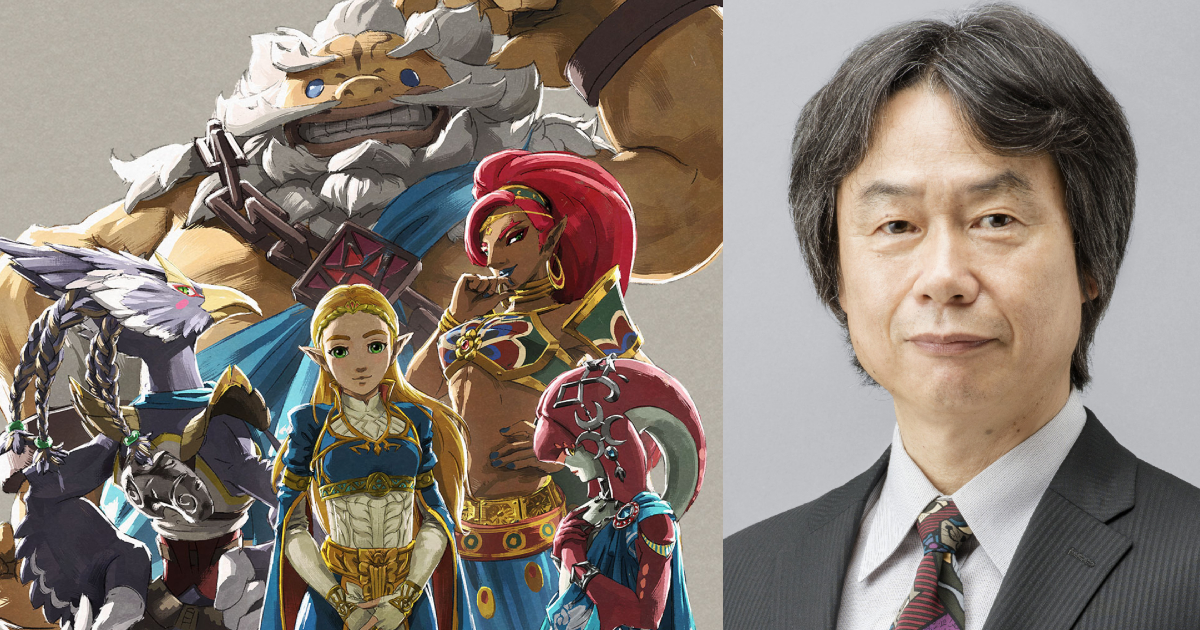According to prominent game designer Shigeru Miyamoto, Nintendo has its own approach to measuring the success of its games. And it strives for this high standard with every game it is produces.

The Legend of Zelda: Breath of the Wild (left), Shigeru Miyamoto (right)
Miyamoto shared his thoughts in an interview with Japanese essayist and game designer Shigesato Itoi. The article was originally published in January 2024, but was recently spotted on the Famiboards forum.
It seems that if a game sells 1 million copies, Nintendo can’t consider it a huge hit. According to Miyamoto, this status only applies to titles with sales of about 30 million units.
It is hard to know 100% whether a certain game will sell that well. Knowing the project’s budget, you can tell how much copies you’ll need to break even, but Miyamoto doesn’t like to think in those terms. “For example, you might say that if you sell 1 million copies, the development costs will be recouped, so you should spend 5% of that on advertising,” he explained. “I understand that, of course. But if you spend 200% on advertising, you don’t know if you’ll sell 100 times as much. So what is the break-even point?”
The Nintendo veteran believes that every developer at the company should aim high and try to get as close as possible to that 30 million milestone every time. “If we can have one big hit every three to five years, we’ll be fine. In that sense, if all our employees think about ‘creating a big hit’ every day, we’ll be fine.”
In the current Nintendo Switch generation, the company has four games that meet these criteria (as of March 31, 2024):
- Mario Kart 8 Deluxe — 61.97 million units;
- Animal Crossing: New Horizons — 45.36 million units;
- Super Smash Bros. Ultimate — 34.22 million units;
- The Legend of Zelda: Breath of the Wild — 31.85 million units.
There are also several titles with over 20 million copies sold, including Super Mario Odyssey (27.96 million), Pokémon Sword / Shield (26.27 million), and The Legend of Zelda: Tears of the Kingdom (20.61 million).
Miyamoto added that aiming for lower goals is just boring. “I think the most dangerous thing is to miss [games] that have the potential to grow,” he explained. “I think the good thing about our company is that we’ve been good at nurturing those seeds.”
So that 30 million goal is not about Miyamoto or any other Nintendo executive being greedy and only caring about growing profits (this approach hurts the creative process and has a detrimental effect on games in development). Instead, the company’s developers try to put all their efforts into every project to not miss out on the “buds that will sprout.”
